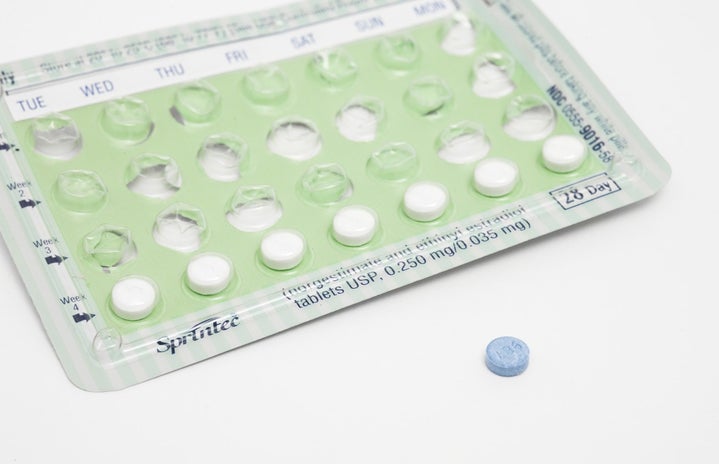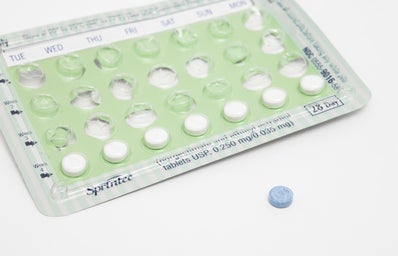I usually associate the word “loss” to that water bottle I lost at the gym, or all those times I’ve lost my keys and they end up being on the table where they were supposed to be. This led me to wonder why we even say “losing” our virginity in the first place–as if we could go to the front desk of the rec center to see if anyone returned it.
According to Dictionary.com, there are technically two definitions of “losing” something. One is to “become unable to find (something or someone),” which is probably the one I’m referring to with the water bottle example.
However, in the context of virginity: “being deprived of or cease to have or retain (something)” is slightly more relevant, but what are we being deprived of? In my opinion, virginity can’t exactly be quantified since everyone has a different definition of what it is. Losing something equates to having less of it, but we definitely are not less of a person by engaging in sexual activity.
Saying that we are “losing” our virginity suggests that we had something to begin with, something that is capable of defining our worth. Except in reality we aren’t defined by how many partners we’ve had or if we’ve even had any at all. By using the traditional term of “losing” it almost feels demeaning to women— that we lose some sense of “worth” or “innocence” by partaking in a completely natural activity. There’s also such a different connotation that comes with losing your virginity as a male versus a female. A guy is stereotypically empowered and patted on the back by his bros, while a girl can sometimes feel ashamed of her sexuality.
Much of our society likes to think of things in black or white. Short or tall. Smart or dumb. Virgin or not-virgin. However, letting our sexual status pigeonhole us into a category is a strange thought to me. When you think about it, there aren’t really any other landmark events in our lives that change our title once it happens, so why should having sex for the first time be one?
In the end, I think it’s about how you feel about engaging in any intimate activity. Whether you choose to lose the V-card at 16 or wait until marriage, society’s expectations or judgment shouldn’t impede your own choices. Plus, the good thing about virginity is it’s not like we don’t know where it went… “Ooh not again, I just keep misplacing my virginity”. Therefore, maybe “lose” may not be the best word to describe virginity—or lack thereof.

